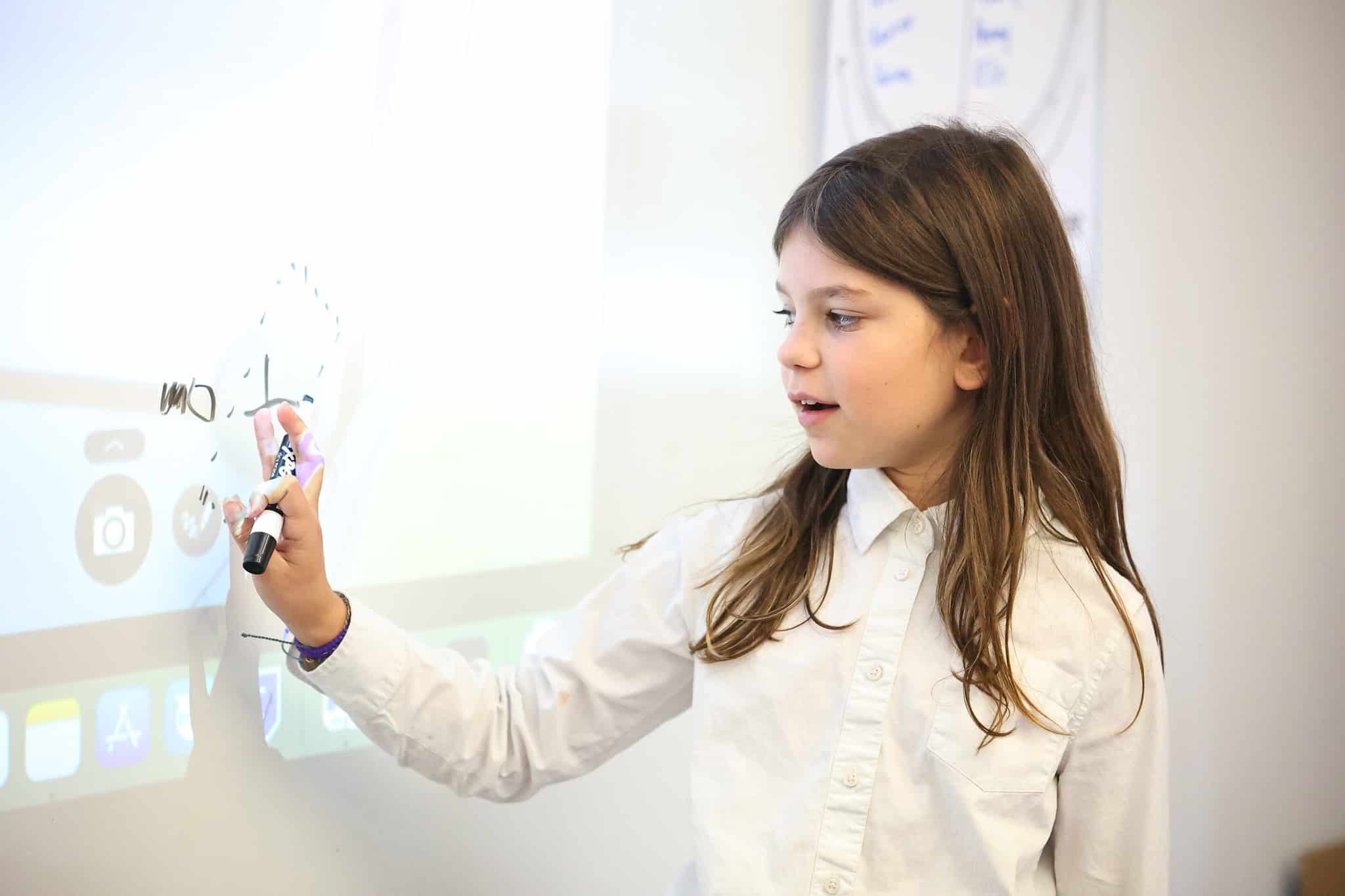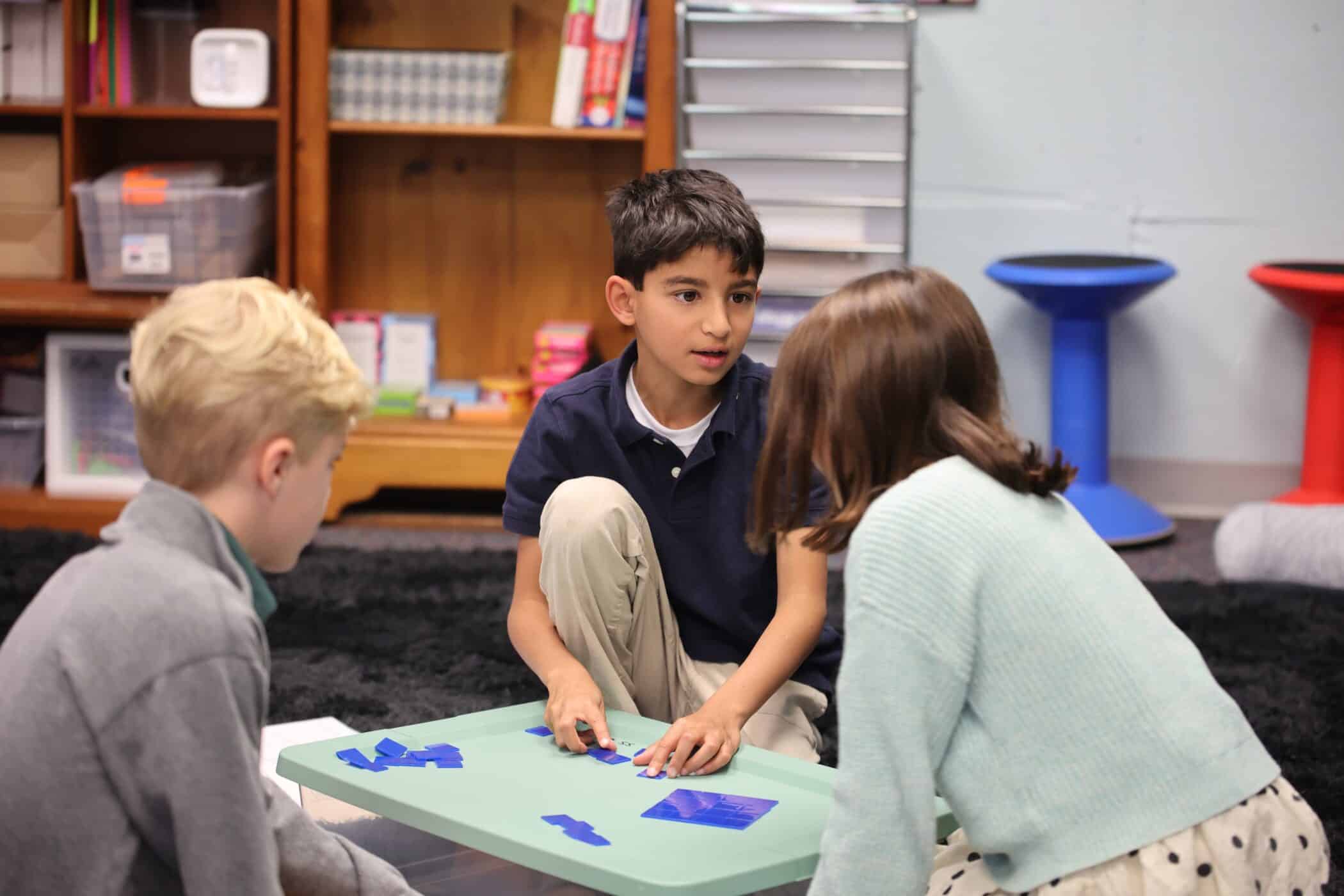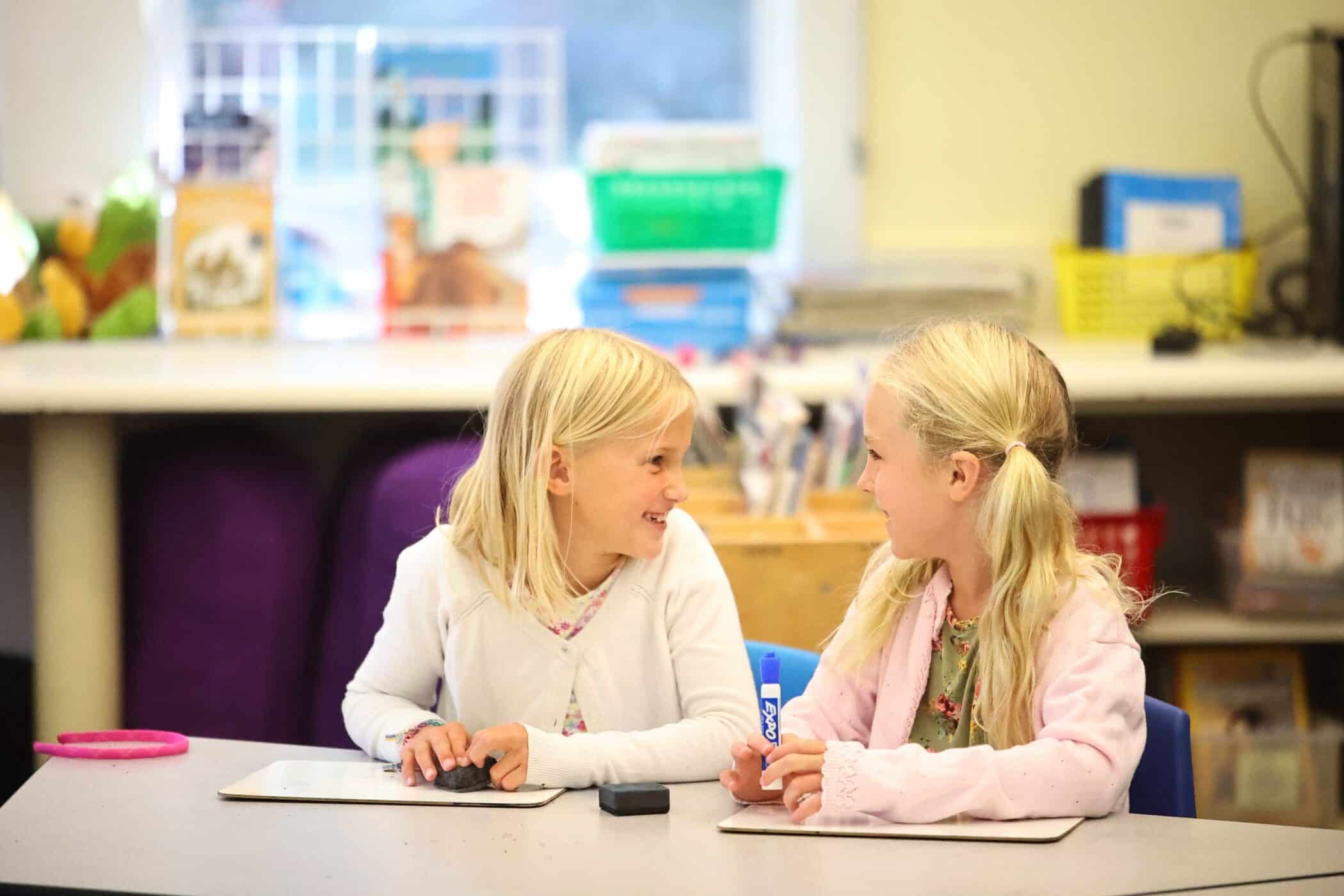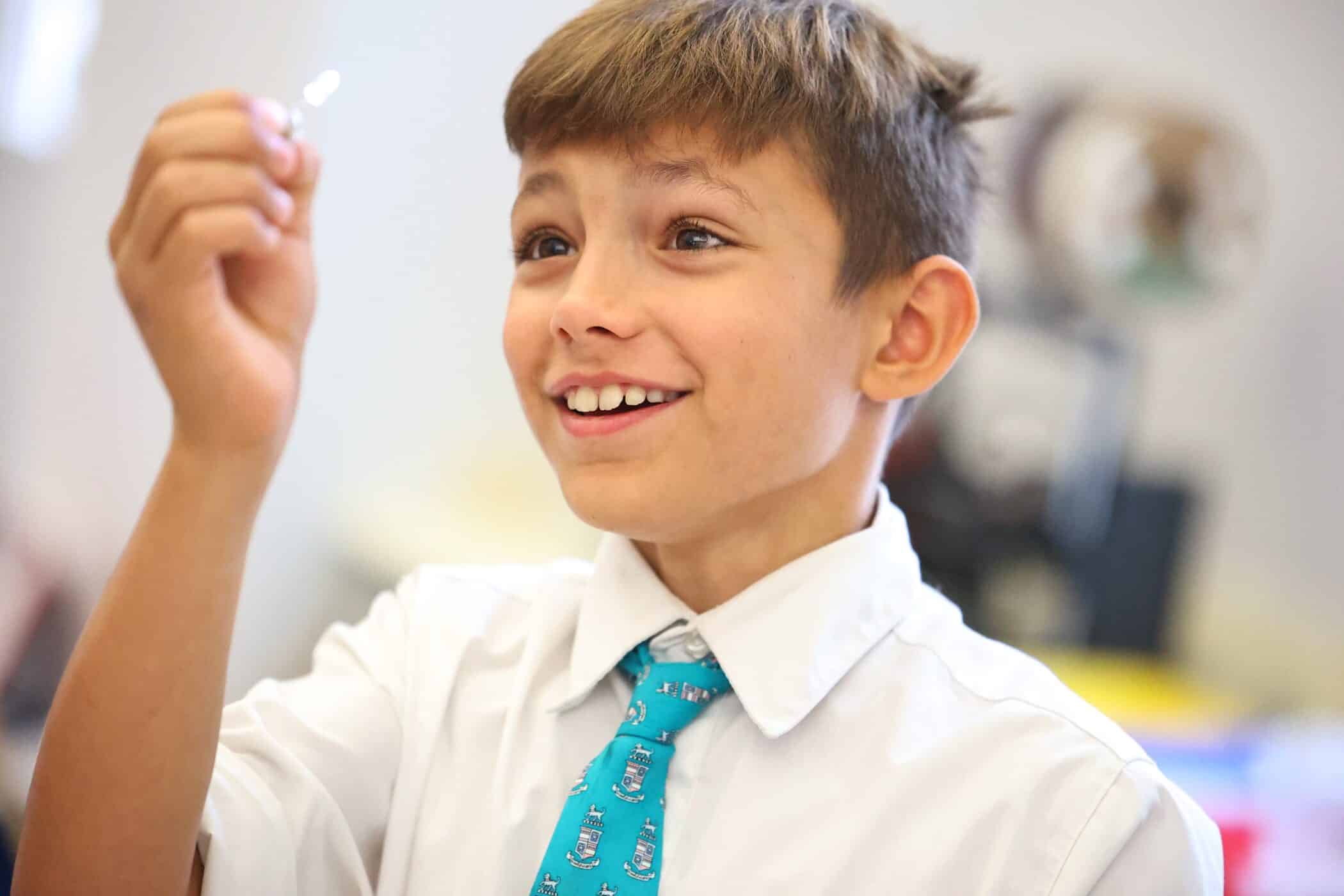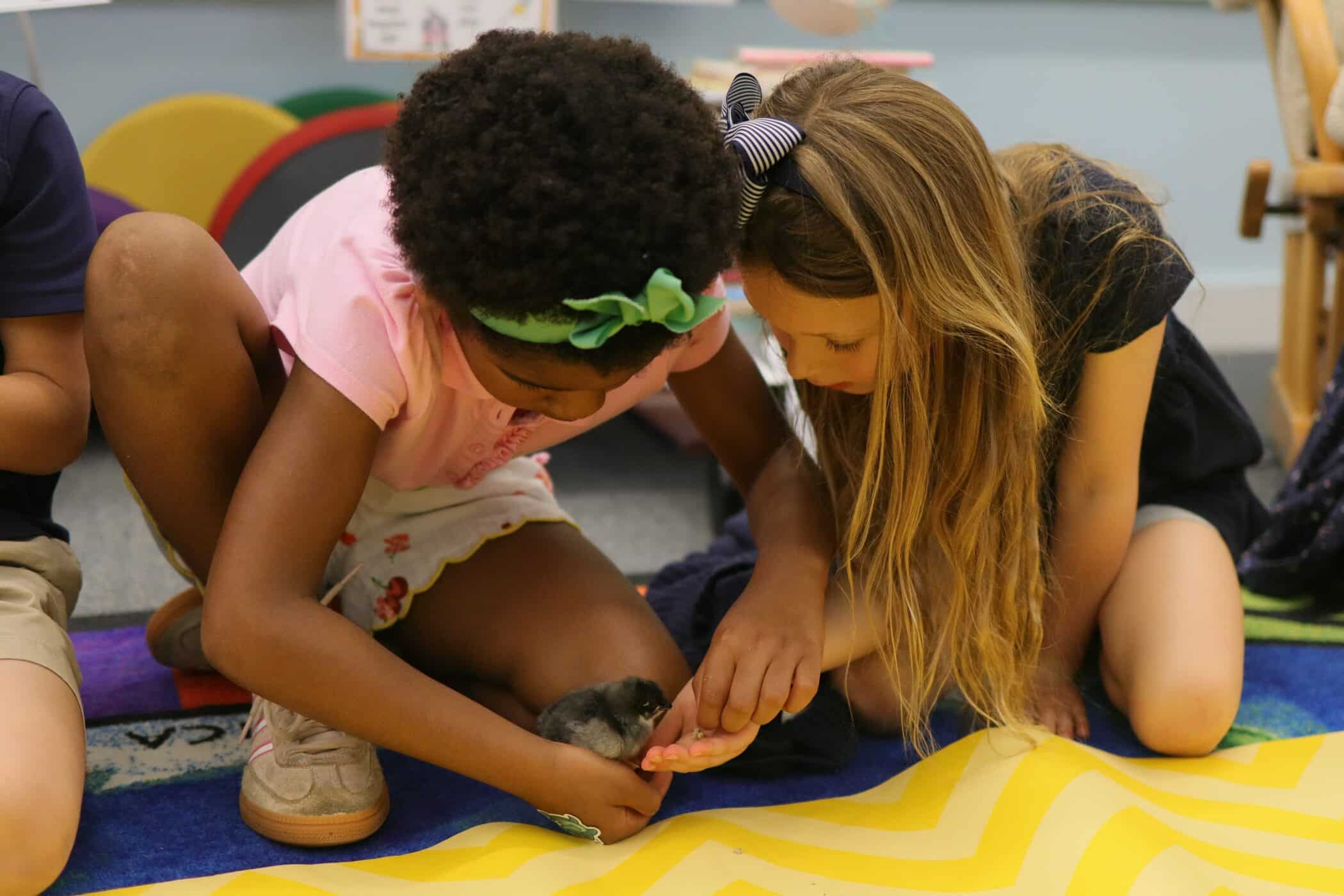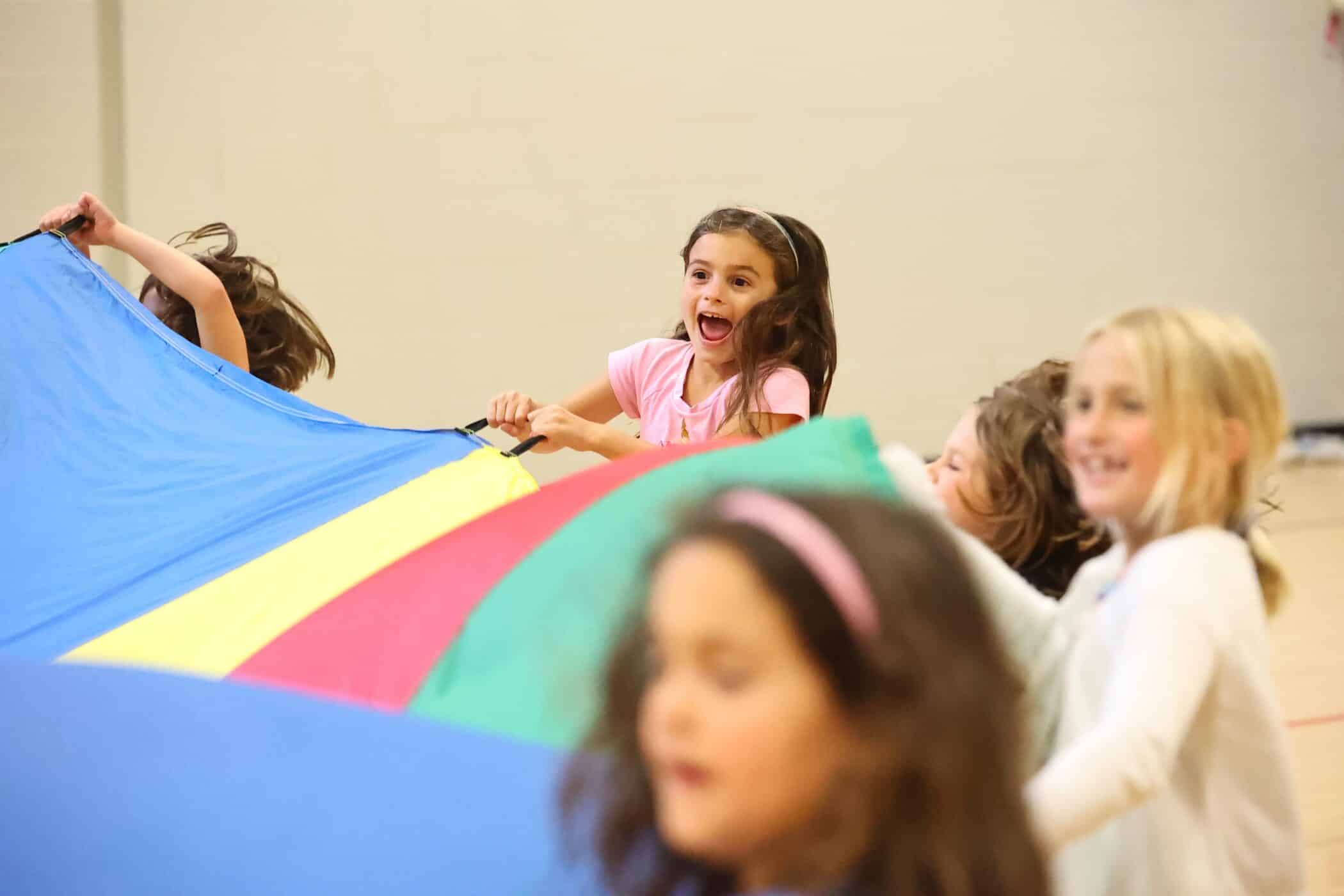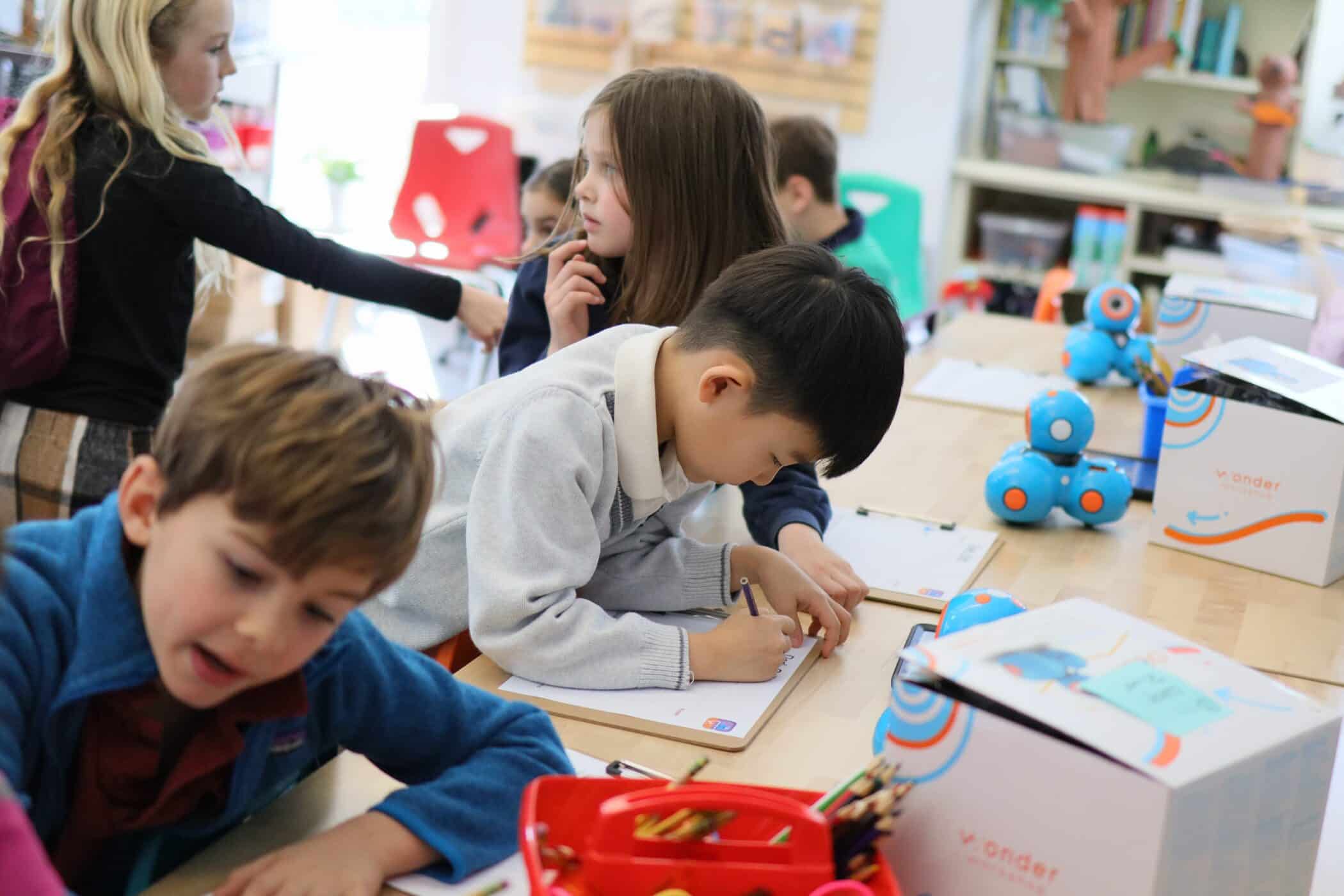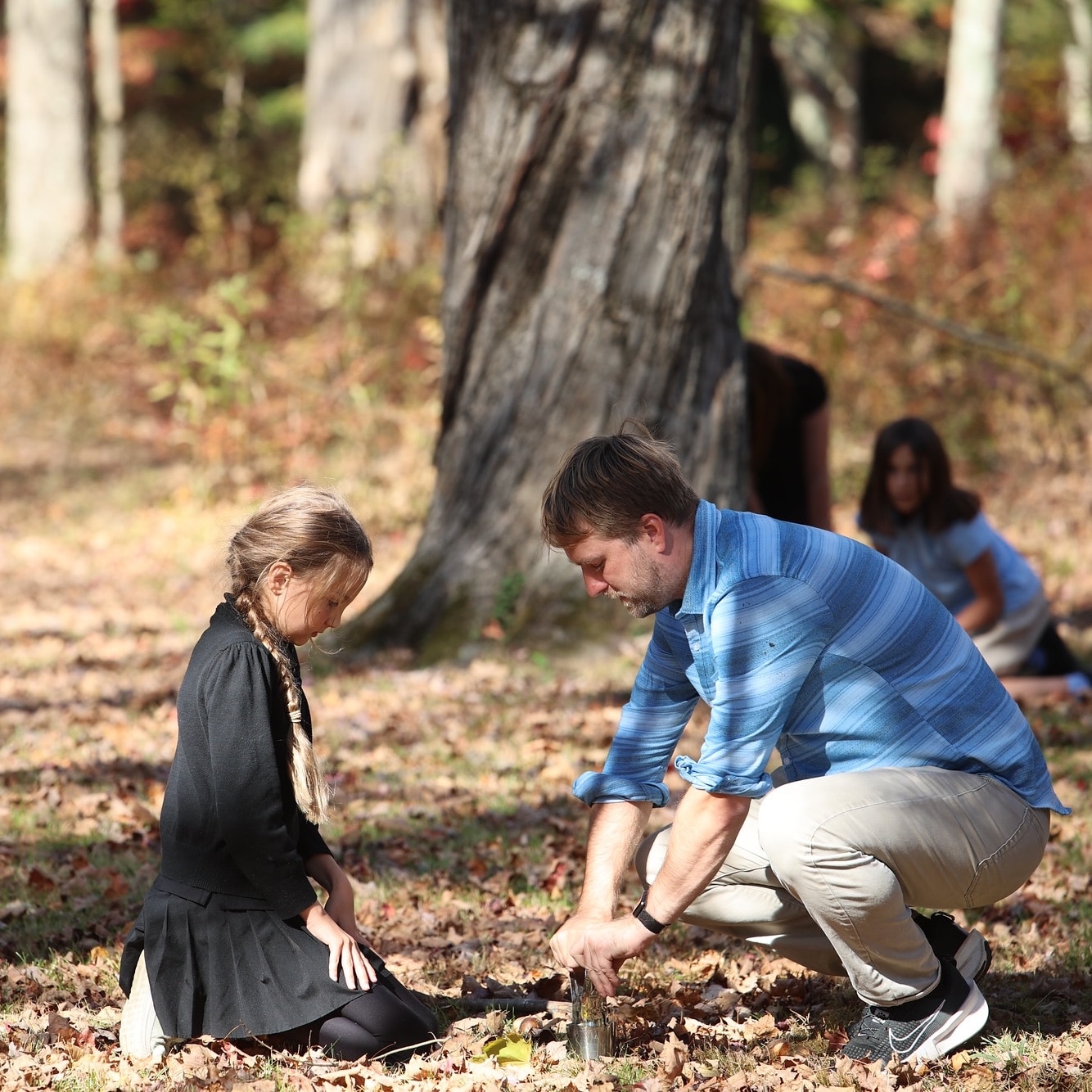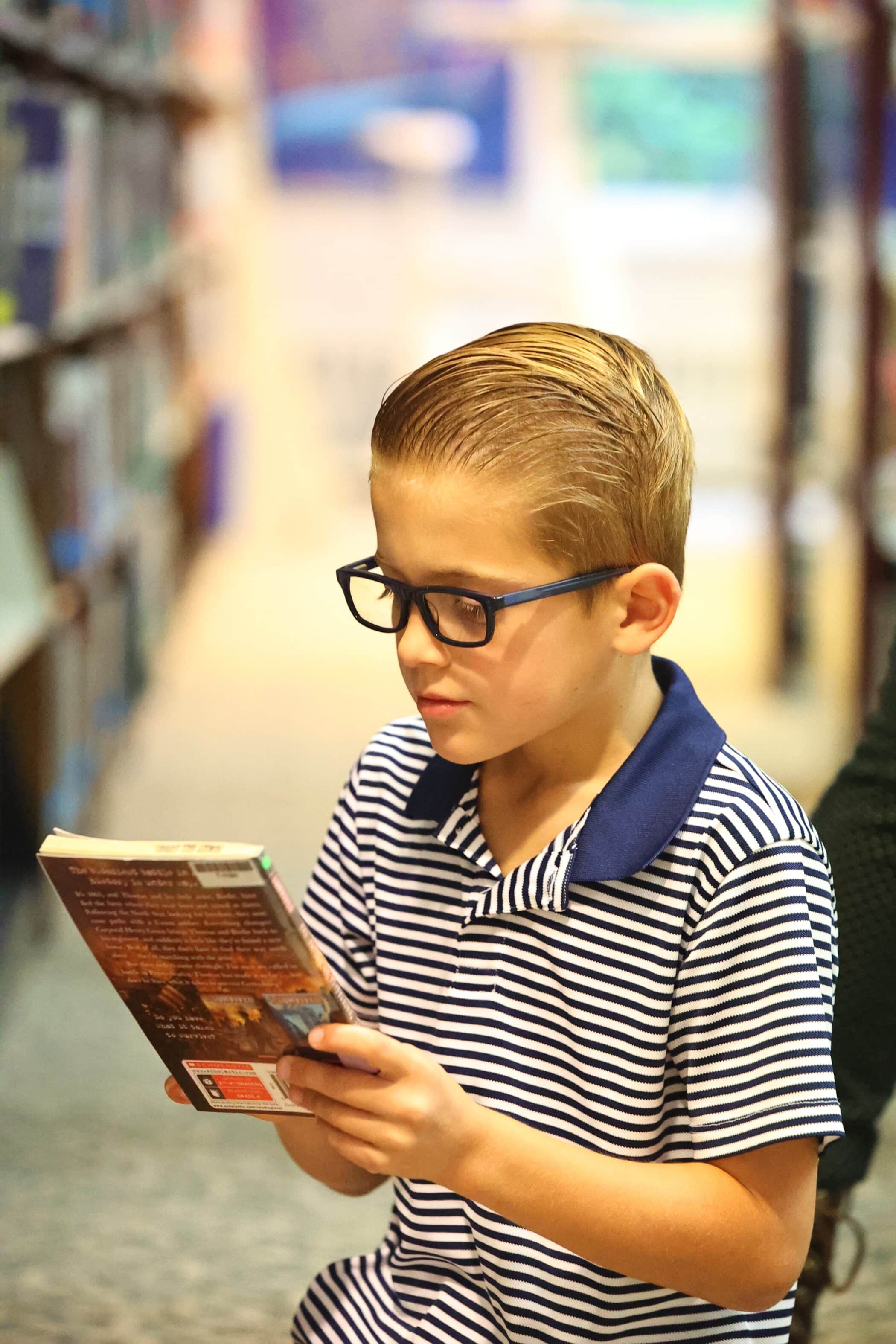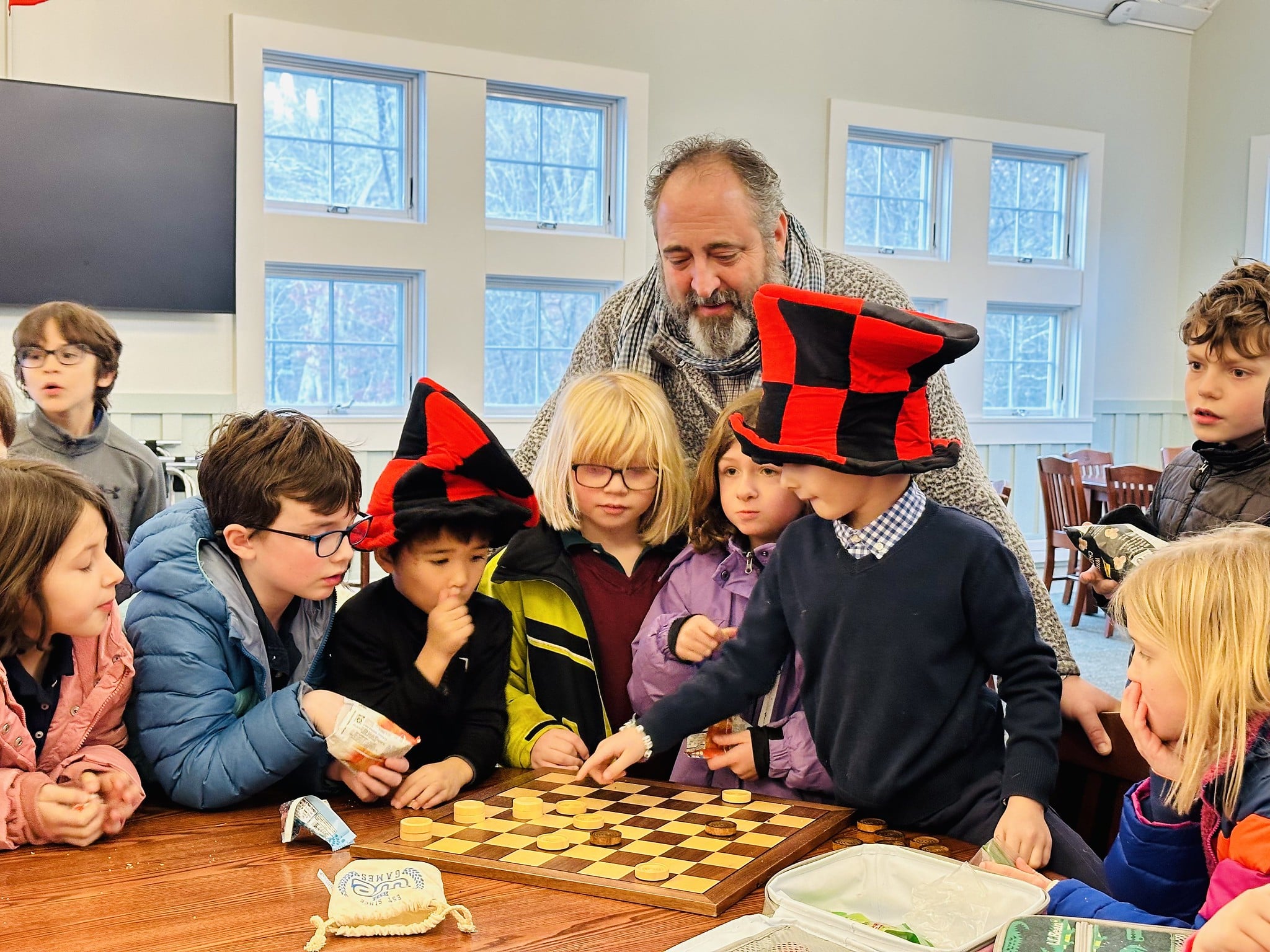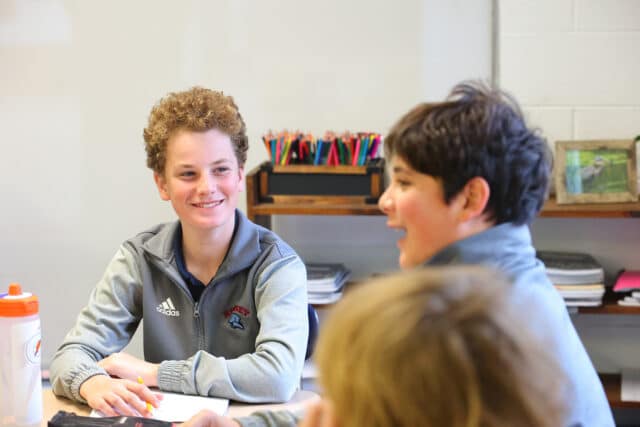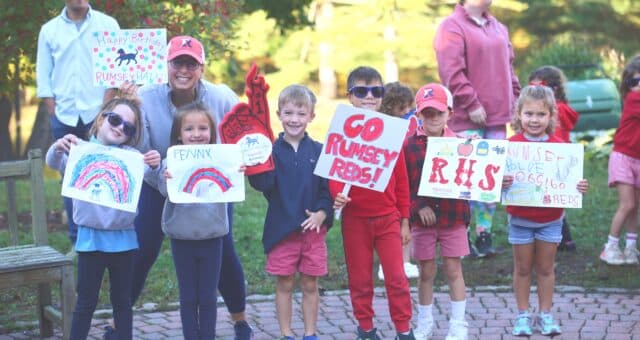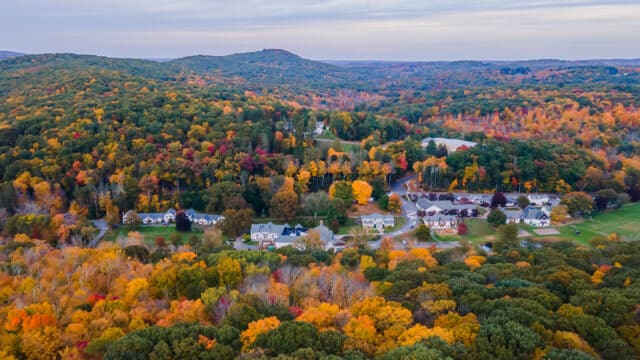
From foundational literacy and math to hands-on STEM, the arts, and global awareness, each subject lays the groundwork for lifelong learning and character development.
English
Reading
Math
Social Studies
STEM
Library
Music
Art
Spanish
PE / Health
Enrolling for 2025-2026
TUITION: Information about Tuition can be found here
CONTACT US: We invite you to experience Rumsey Hall for yourself. The first step is to submit an inquiry form. Then you can schedule a visit to meet our teachers, explore our campus, and see firsthand how we cultivate curiosity and growth in our youngest learners. You can also give us a call at 860-868-0535 or email admissions@rumseyhall.org.
